The Third Annual Leading Ed Forum will be held October 8 and 9, 2018, at Daniel Technology Center in Culpeper, Virginia. Sponsored by VSTE and the Virginia Department of Education, this event focuses on division level issues faced by instruction and technology leaders from CTOs to Superintendents.
We are still finalizing the schedule but you can take a peak at the draft here.
Join your fellow leaders for two days of learning and sharing. We will feature a nationally known keynote speaker and breakout sessions presented by VDOE and state level leaders. Attendees will have opportunities to share their school division's challenges and successes and connect with other division decision makers and selected corporate partners and sponsors.
Strands will be organized around the CoSN Framework of Essential Skills. This framework designates 10 specific skill areas organized into three primary professional categories and outline the responsibilities and knowledge needed to be a viable educational technology leader. You can learn more here at the CoSN website. The VSTE CoSN Council is the Virginia chapter of CoSN.
 We are pleased to announce that Jeff Mao, former Learning Technology Policy Director for the Maine Department of Education, will provide Monday's opening keynote as well as a breakout session. Jeff brings a wealth of experience to our event: he has been a classroom teacher, school technology coordinator, district technology director, state education technology director, and education technology consultant over his 25+ years supporting kids and learners. He served on the Board of Directors of the State Educational Technology Directors Association (SETDA) for six years including two as Chair of the Board.
We are pleased to announce that Jeff Mao, former Learning Technology Policy Director for the Maine Department of Education, will provide Monday's opening keynote as well as a breakout session. Jeff brings a wealth of experience to our event: he has been a classroom teacher, school technology coordinator, district technology director, state education technology director, and education technology consultant over his 25+ years supporting kids and learners. He served on the Board of Directors of the State Educational Technology Directors Association (SETDA) for six years including two as Chair of the Board.
Jeff was directly responsible for the Maine Learning Technology Initiative (MLTI). He oversaw all aspects of the program including vision, implementation, policy, professional development, procurement and contract management. He was a lead author of the State of Utah’s Master Plan: Essential Elements for Technology Powered Learning. Additionally, he is an advisor for Future Ready Schools and has moderated and presented at almost all of Future Ready’s Summits and Institutes. Jeff was a Senior Director for Common Sense Media’s education division (2014-2018). He is currently a Senior Strategic Education Outreach Manager for Wonder Workshop.
Dr. James Lane, Superintendent of Instruction for Virginia, will keynote on Tuesday, October 9.
Meanwhile, early bird registration is open now through September 8. We offer both one- and two-days tickets for $65/day. This will include breakfast, lunch and access to all sessions. We have not reserved a room block. for this event but you can find a suggested hotels list here.
Sponsors
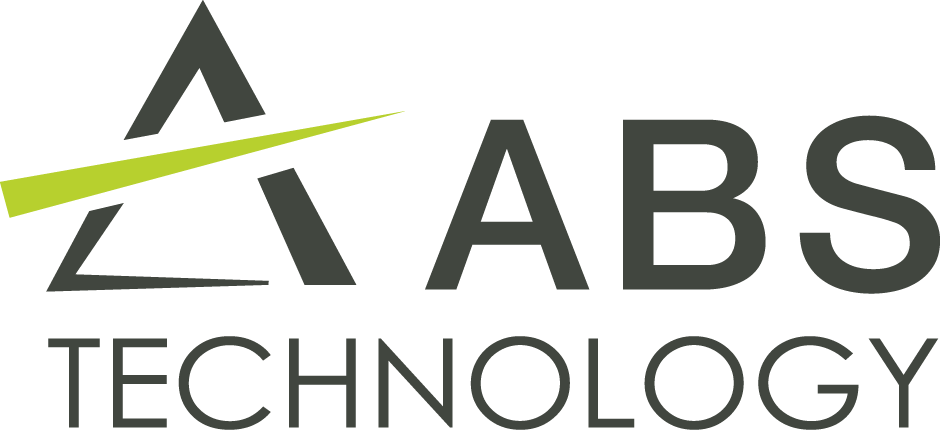 |
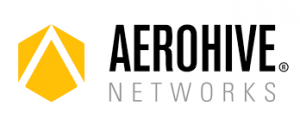 |
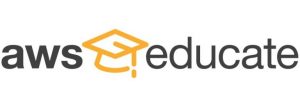 |
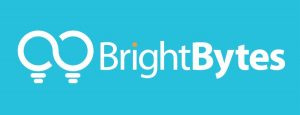 |
 |
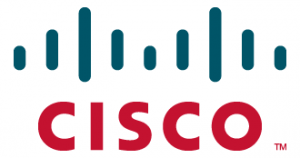 |
 |
 |
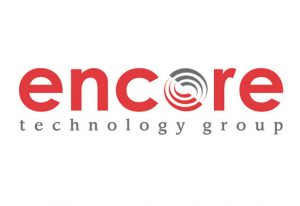 |
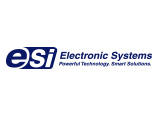 |
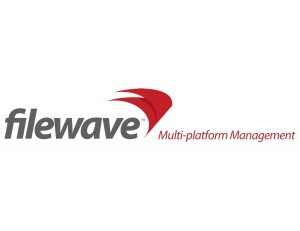 |
 |
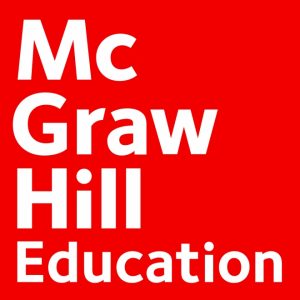 |
 |
 |
 |
 |
|
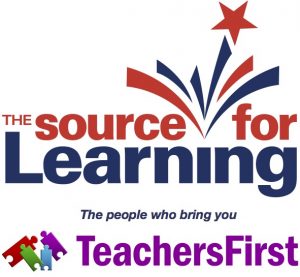 |
 |
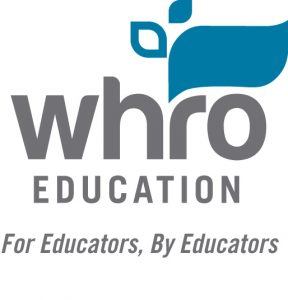 |













